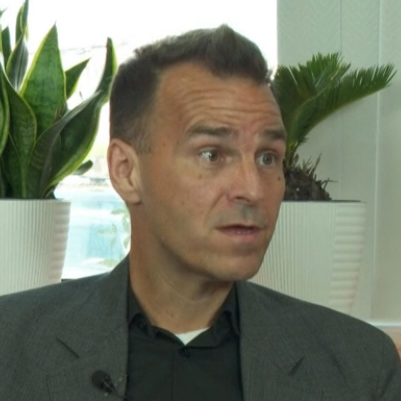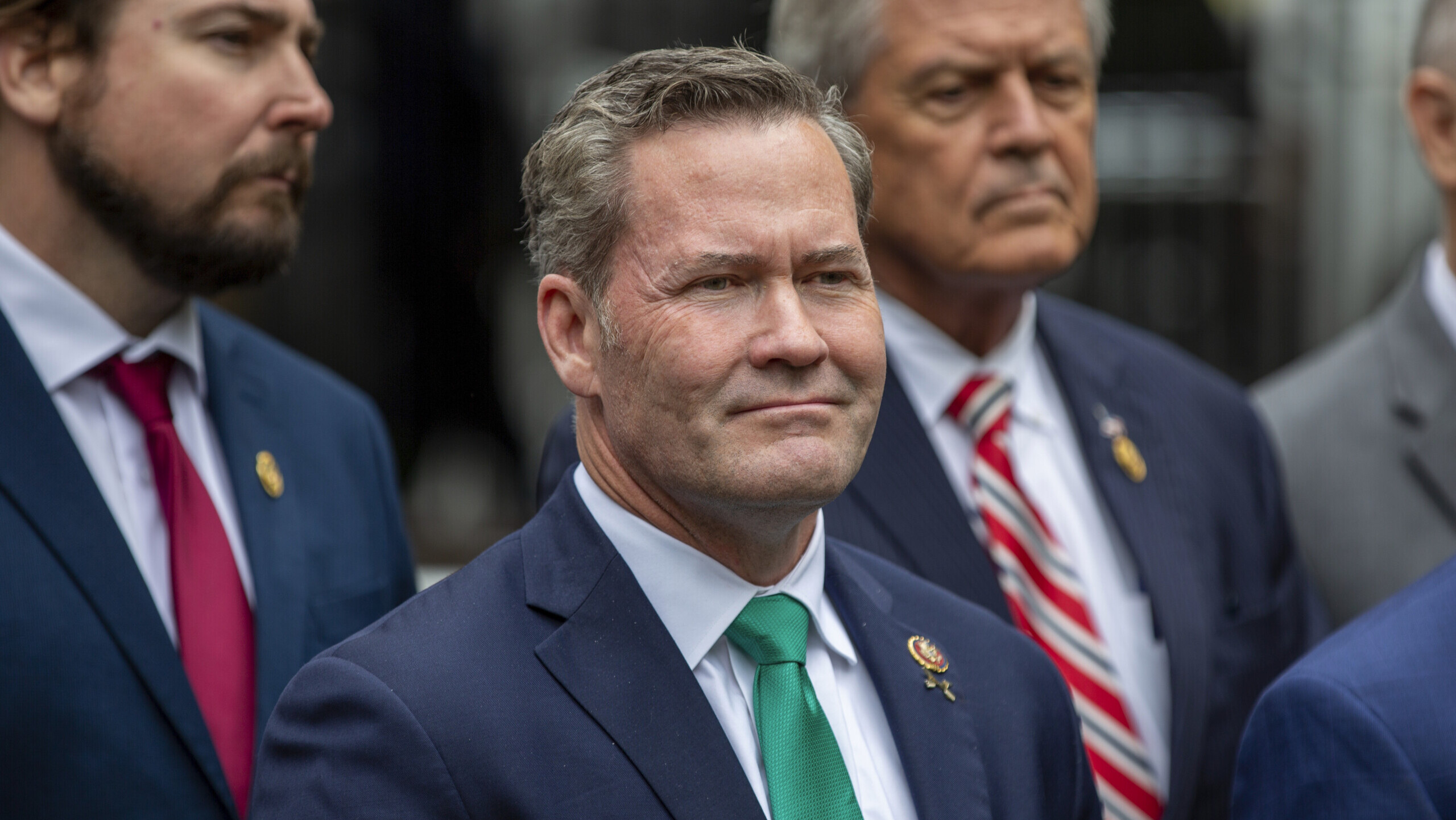
It was only a matter of time and figuring out the right position once Donald Trump got elected president.
That’s the situation regarding Mike Waltz, the Republican representing Florida’s Sixth Congressional District, who is moving on to the Trump White House as National Security Advisor.
Like many Republicans, Waltz was not an immediate convert to Trumpism. But he made up for lost time in the last six years.
From the time he entered the race to replace Ron DeSantis, who left the seat to run successfully for governor, Waltz rebuffed accusations that he was a Never Trumper.
And it worked.
The president endorsed him just ahead of a resounding victory in the general election six years ago, and the former Green Beret and W-era Pentagon adviser was never seriously challenged since.
Once in Washington, Waltz lived in the Fox News green room — metaphorically speaking. Morning, noon and night, his constituent services included outreach to cable viewers slamming the Biden approach to foreign policy as much as they did district-level duties.
Expectations were that Waltz could run for Senate eventually or would be elevated in a Trump White House, so leaving Congress for a better gig wasn’t a matter of if but when.
Gov. DeSantis tweeted Thursday that he’s directing Secretary of State Cord Byrd to begin the preps for a special election for Waltz’s seat and the Panhandle one being vacated by Matt Gaetz immediately, so time is of the essence for people interested in running. It’s possible a new member could be elected by the time the next Congress starts in the most extremely compressed timeline.
But who is interested?
So far, the only candidate sending out smoke signals is Duval County’s Rory Diamond, a member of the Jacksonville City Council who does not live in the district, but who very much wants to be in Congress. He’s calling media, donors and everyone else who can help.
Is running for a seat outside of Duval a problem for a council member? Diamond’s critics would say so.
But it’s been done before.
Residency issues have been a constant in CD 6. And they haven’t hurt candidates who had them.
Back in 2016, DeSantis had to relocate farther south into St. Johns County, where donor Kent Stermon rented a home to him after redistricting shifted the district south of Ponte Vedra. Nevertheless, DeSantis cast his early vote in PVB in 2018 during his own governor’s race, raising questions as to how lived-in the Stermon space was.
In 2018, questions were raised about Waltz living in the district. Those issues disappeared once he won the primary.
Other names have been floated also, including Rep. Webster Barnaby, Former Reps. Bobby Payne and Anthony Sabatini, Chase Tramont and Brigadier Gen. Ernest Audino, Waltz’s district director. Sen.
Tom Leek isn’t running, meanwhile, and we hear the same about former Florida House Speaker Paul Renner.
Sources tell us that if Audino wants the gig, he’s a lock — especially if Waltz wants him to have it and Trump weighs in with the pivotal endorsement.
The staffer-to-legislator path is not unprecedented, as we saw when Ted Yoho’s former aide Kat Cammack emerged from a crowded primary to replace her boss in Congress. Aides are the bridge between members of Congress and the people they represent, and as the saying goes, politics is a relationship business.
Beyond the normie names who may be queueing up for another political act, there are wildcards who range from former St. Johns County Sheriff David Shoar to former pro wrestler Gerry James, both of who ran for state Senate this year, losing to Tom Leek in the all-important August primary.
The deeper the field, the more potential for primary chaos. If there are seven candidates, it’s easy to imagine someone winning with less than a majority of the vote.
In 2012’s GOP primary, DeSantis won with 38.8%. And in 2016, Waltz took 42.4%.
The winner of the Republican Primary likely wins the general election given the heavy GOP performance and registration leans of the district, and will likely be in place for as long as they want the job.
Those in Congress would advise that anyone who looks at running for the seat understands how all-consuming the job is, meanwhile. Fundraising is a constant battle, and the campaign never ends, meaning that serving in D.C. takes a different toll than local or regional office.
The stakes are high, and unless someone manages to preemptively clear the field, competition will be fierce.
The race will also be expensive, with media needed in the Jacksonville market to the north and the Orlando market to the west. Back in 2018, Waltz and his Democratic opponent Nancy Soderberg spent $5 million between them by the end of the general election. That will seem like a rounding error by the time this is over.







